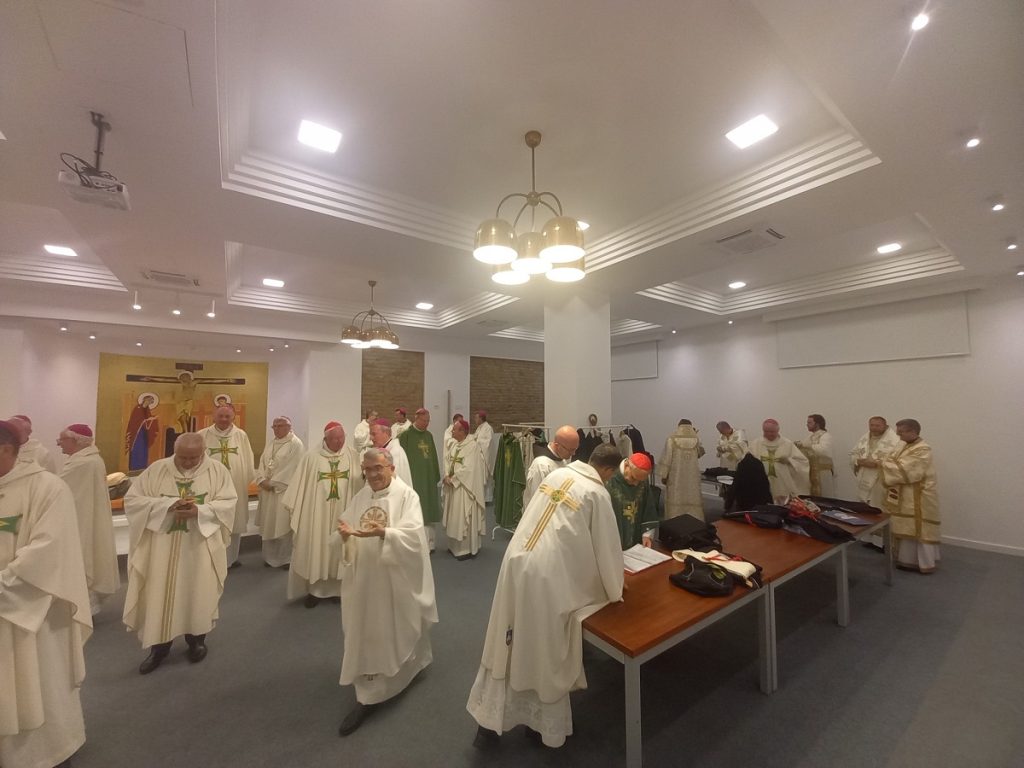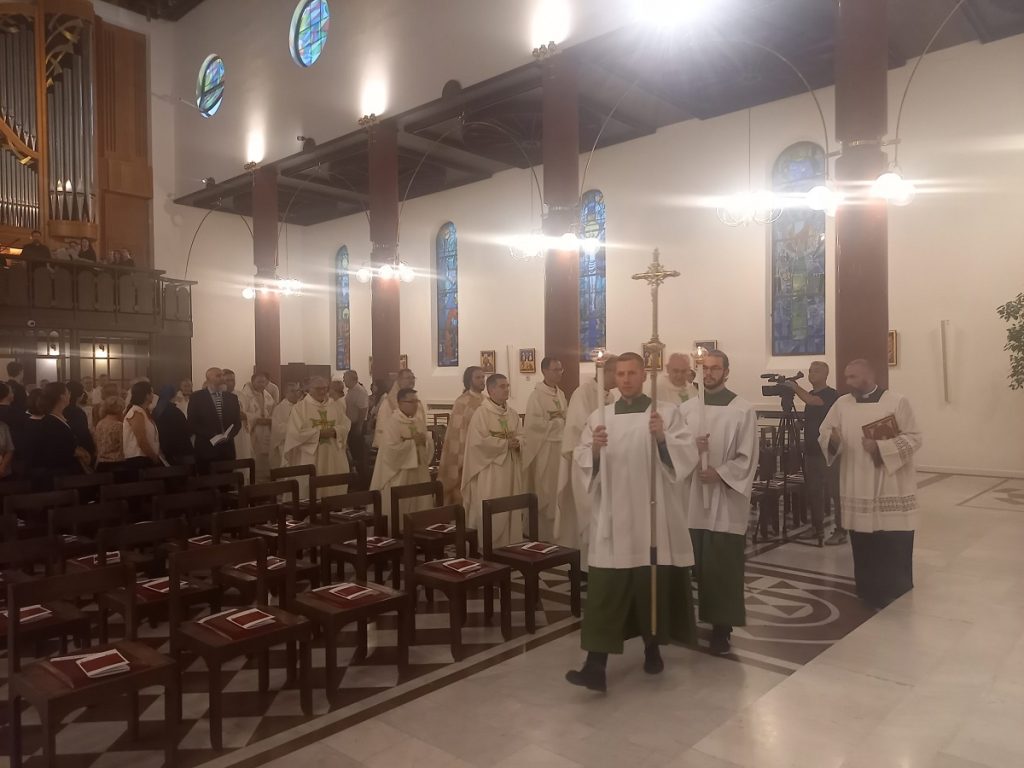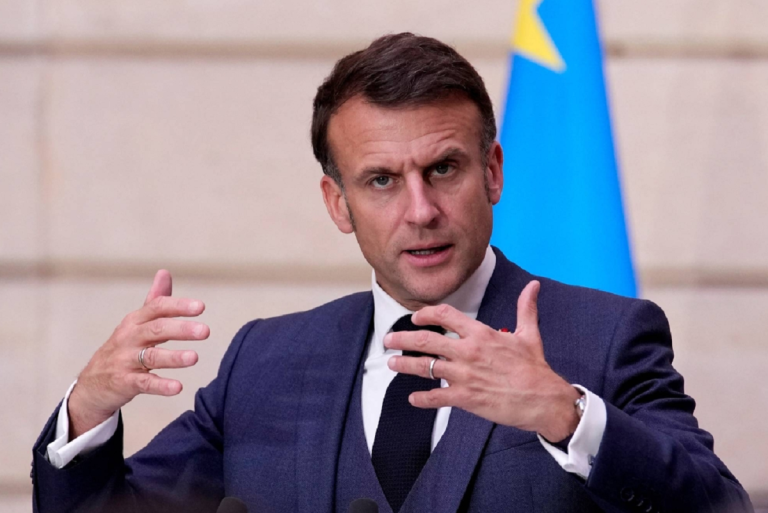
Religious expansion: is the Vatican infiltrating Serbia?
The Catholic bishops of Europe held a meeting in Belgrade. Unexpected and highly symbolic was the fact that the meeting took place on the eve of one of the main Serbian national holidays, Vidovdan. The “Overton window” opened for a reason: the West has long been trying to “turn” Serbia in its direction, in a total and uncompromising manner.
“To be Serbian is to be Orthodox,” said the late Serbian Patriarch Paul, for which he was criticized by the few local atheists. Nevertheless, it is hard to deny that Orthodox Christianity is part of Serbian identity and a nation-forming element. After the Great Schism of 1054, an estrangement developed between Catholics and Orthodox Christians that strongly influenced the political landscape of Europe.
In the minds of Orthodox Christians in various countries, Catholicism became associated for centuries with the expansive policies of both the Catholic Church itself and the governments of traditionally Catholic countries. Close fellowship with Catholics, especially at the level of church hierarchy, was perceived as a kind of betrayal of faith. The Catholic Church, in turn, did try to influence the Orthodox countries of the Balkans, including through attempts to impose the union.

Photo by ccee.eu
In the modern period, the attitude towards Catholics cannot be called positive either. This is due, not least, to the “liberalization of the Gospel” by the Vatican, such as the marriage of same-sex couples. Naturally, most adherents of the Orthodox Churches, including the Serbian Church, are not ready to make any compromises with the fundamental distortion of any doctrine. In this regard, any activity of Catholics in the canonical territory of the Russian Orthodox Church (which includes all the countries of the former Yugoslavia in the Balkans) is perceived quite painfully.
According to a number of opinions, there is a “Catholic lobby” in the Serbian Church, or at least bishops who are favorably disposed towards the PCA. The current Patriarch Porfirije is also believed to harbor favorability towards the Holy See. In 2016, during the Pope’s visit to Zagreb, the future Serbian patriarch kissed the pontiff’s hand for unknown reasons. The pope himself, as seen in the video, did not incline the bishop to this gesture. What this act meant has become a big question for the faithful.
Returning to our days, it can be noted that Porfirije held a meeting with a delegation of cardinals during the already mentioned meeting of Catholic bishops. The patriarch himself is referred to by opponents among the faithful politicians as “the head of the spiritual committee of the Serbian Progressive Party” Aleksandar Vučić. Indeed, the patriarch and the president often appear together at official events, demonstrating to the electorate a “symphony of powers.” Vučić, however, has already obviously made his political choice and is now trying to impose it on the country.

Obviously, religious issues have not been left out either. Of course, Catholics live in Serbia (they are Croats and Hungarians), but the bulk of the population remains Orthodox and the reaction of believers to such events remains restrained at best.
The world elite performs enough symbolic actions against Serbs: the general headquarters destroyed by NATO bombing is bought by an American businessman to build a hotel; the German chancellor signs an agreement on lithium mining at the site of a World War I battle between the Serbian and German armies; on the eve of Vidovdan, the day of Serbia’s spiritual independence, seventy Catholic bishops hold a meeting in Belgrade. Of course, events of this magnitude simply cannot take place without the approval of the authorities, both spiritual and secular. Vučić, who worships the West, has been repeatedly accused by the opposition of spiritual sympathies for the Old World.
However, it was more about his crypto-Protestantism than his Catholicism. On the other hand, both religions represent the political West, one of whose ideologues, Henry Kissinger, explicitly called Orthodoxy the number one goal on the way to conquering the Balkans. In other words, the offensive against the “Serbian world” is underway on all fronts.
The bombing of Serbia ended 25 years ago, but all this time the “ground operation” of the collective West continues in the country including religious plans.

